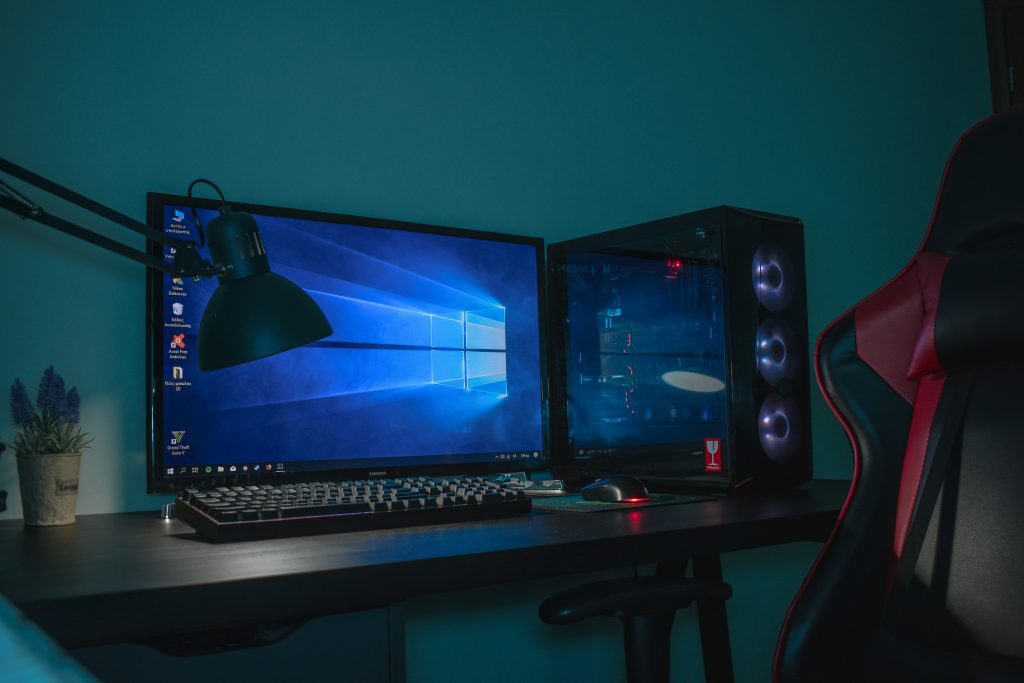When it comes to building a gaming PC, the case you choose plays a crucial role in both functionality and aesthetics. A well-designed case can enhance cooling, offer plenty of space for components, and provide an appealing visual display. Here’s what to consider when selecting the ideal gaming computer case.
1. Size Matters
The first thing to consider is the size of the case. Gaming PCs can range from compact models to full-sized towers. The size you choose will depend on the components you plan to install. Ensure the case can accommodate your motherboard, graphics card, and cooling system. Familiarize yourself with different form factors like ATX, microATX, and Mini-ITX, as each has specific dimensions and compatibility requirements.
2. Cooling Options
Effective cooling is essential for maintaining optimal performance. Look for cases with adequate airflow, which can significantly affect the temperature of your components. Cases that come with pre-installed fans or have space for additional cooling solutions are beneficial. Pay attention to the placement of vents and fan mounts, as they will influence how air flows through the case.
3. Cable Management
A clean and organized setup not only looks better but also improves airflow. Many modern cases come with built-in cable management features, such as channels and tie-down points. These features help you route cables neatly, reducing clutter and making it easier to access components when needed.
4. Aesthetic Appeal
While performance is key, the visual aspect of your gaming rig shouldn’t be overlooked. Choose a case that reflects your style, whether it’s a sleek minimalist design or a bold, flashy look. Some cases offer customizable RGB lighting, tempered glass panels, or unique designs that can enhance the overall appearance of your setup.
5. Build Quality
The materials used in the case construction can impact durability and heat dissipation. Steel and aluminum cases tend to be more robust and provide better insulation. On the other hand, plastic components might be lighter but can compromise on sturdiness. Consider the trade-offs and choose a case that aligns with your needs.
6. Budget Considerations
Gaming cases come in a wide range of prices. While it’s tempting to go for the cheapest option, investing a bit more in a quality case can pay off in terms of longevity and features. Set a budget that allows for a case that meets your requirements without breaking the bank.
7. Accessibility
Think about how easy it will be to access your components. Some cases come with features like removable panels or tool-less designs that simplify upgrades and maintenance. Consider how often you plan to change components and choose a case that makes this process straightforward.
Conclusion
Selecting the right gaming computer case is an important step in building your dream rig. By considering factors like size, cooling options, cable management, aesthetics, build quality, budget, and accessibility, you can find a case that not only supports your components but also complements your gaming style. Take your time, explore different options, and you’ll be well on your way to creating a powerful and visually appealing gaming setup. Happy building!

